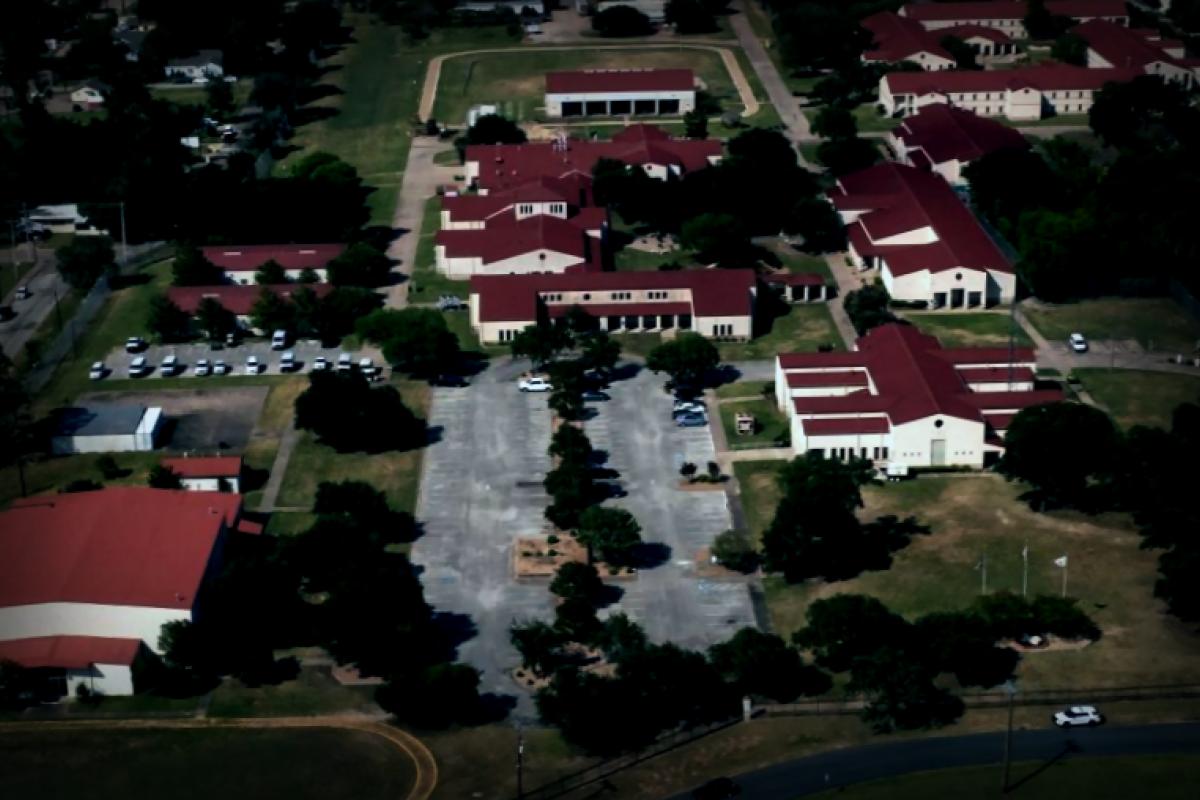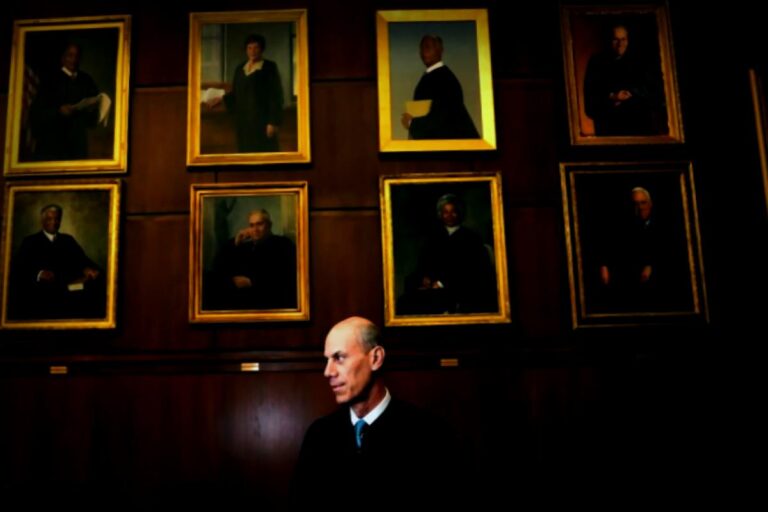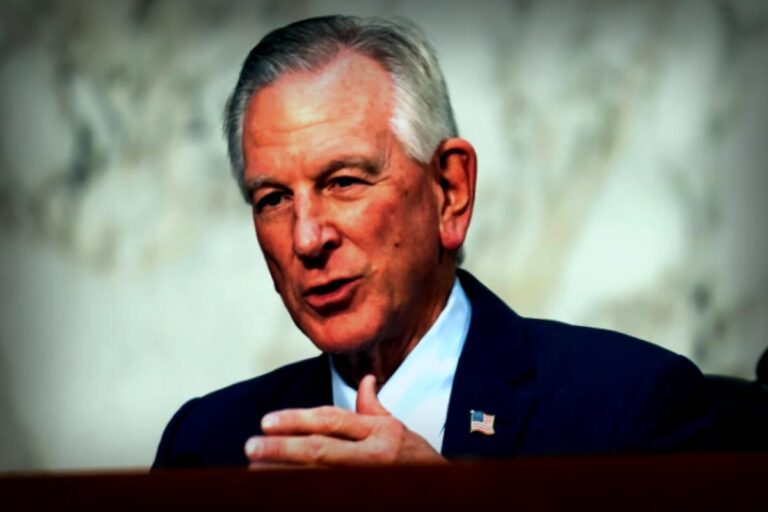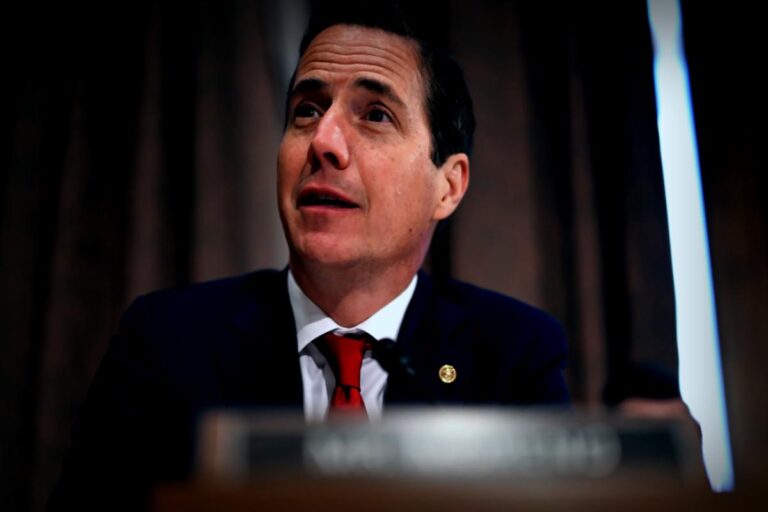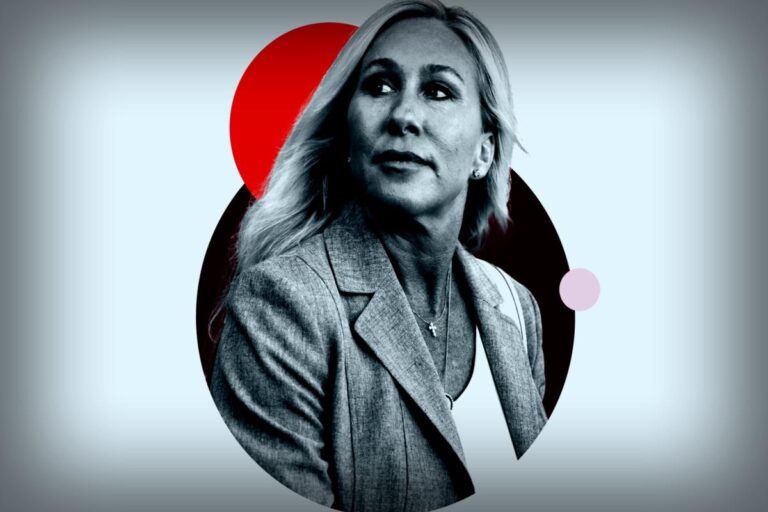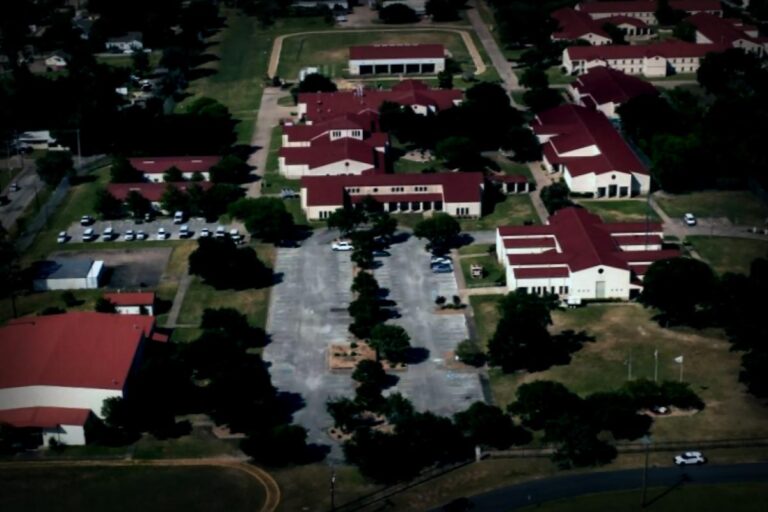In a surprising turn of events, employees at the minimum-security prison camp in Bryan, Texas—where Ghislaine Maxwell, a convicted child-sex trafficker, is serving her sentence—have reportedly been let go. This news comes from one of her lawyers who spoke out recently, following the release of alleged correspondence between Maxwell and her legal representative by a whistleblower to Congressman Jamie Raskin.
Leah Saffian, who has been representing Maxwell in California, expressed her disapproval of the email leak in a statement, saying, “The media release by Congressman Raskin regarding Ms. Maxwell’s confidential communications with me is not only inappropriate but represents a denial of justice.”
Saffian went on to mention that the staff at the prison faced “appropriate consequences” due to their actions.
“They were terminated for accessing the email system of the Federal Bureau of Prisons improperly, which is established to enable inmates to communicate with those outside,” she clarified.
Meanwhile, CNN is still trying to get comments from the Bryan prison, the Bureau of Prisons, and the Justice Department.
Earlier this week, Congressman Raskin, who is a senior Democrat on the House Judiciary Committee, made public details about Maxwell’s time in the Bryan prison including claims that she has been given special treatment, which a whistleblower disclosed to him.
The whistleblower reported to Raskin that Maxwell, who is currently serving a 20-year sentence, is preparing to file for commutation. An email shared with the committee allegedly shows Maxwell informing Saffian in early October that she intended to send documents “through the warden.”
Democrats on the House Judiciary Committee defended their actions concerning how they received and disclosed this information, arguing against claims that the communications fell under legal privilege.
According to a spokesperson from the committee, “The letters from the House Judiciary Committee Minority were based on numerous documents given to the staff by a whistleblower. None of the material received from the Federal Bureau of Prisons’ TRULINCS system is protected by attorney-client privilege.”
The spokesperson highlighted that all individuals accessing the prison’s systems must acknowledge that their activities will be monitored, stressing that there is no expectation of privacy for their communications.
The spokesperson also clarified that related communications will not be privileged, stating, “I understand and agree that this provision pertains to electronic messages exchanged with my attorney and that alternate means are available for confidential communication.”
Raskin didn’t reveal much about the whistleblower as a customary measure to keep their identity confidential. The Democratic spokesperson reaffirmed that the committee would not provide information that could expose whistleblowers, including their employment status, and condemned any attempts by the Bureau of Prisons to threaten or retaliate against those who share information.
In her statement on Friday, Saffian further noted, “Contrary to Rep. Raskin’s claims, Ms. Maxwell has not applied for a commutation or Pardon from the second Trump Administration. Before any application, a prisoner must show that all legal appeals have been exhausted.”
(It’s important to note that Raskin didn’t explicitly say that Maxwell was seeking a commutation or pardon, merely indicating she was preparing a commutation application.)
For up-to-date news from CNN and other details, consider creating an account at CNN.com.





